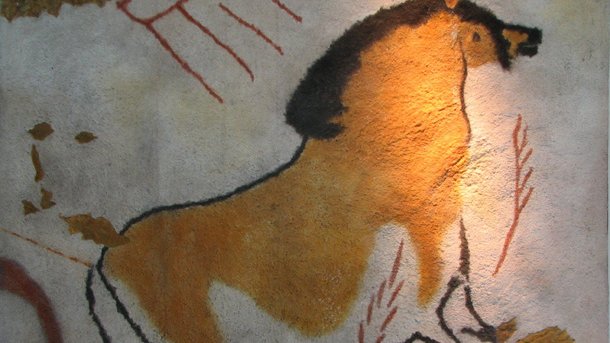

© Photo: www.ru.wikipedia.org

© Photo: BGNES
About 40 small planes landed at Balchik airport. This was how Romanian and Bulgarian pilots celebrated the accession of the two countries to the Schengen area by air. The pilots and guests were welcomed by Ivan Dimitriev, CEO of Sofia Airport, which..
The association For the Earth will hand over a petition to Sofia Mayor Vassil Terziev next week, calling for safe crossings and year-round maintenance of bicycle lanes. More than 5 000 people have signed the proposals for cycling in the city. "The..
On April 13, when Bulgaria celebrates for the first time the International Plant Appreciation Day, the Botanical Garden of the Bulgarian Academy of Sciences opens its doors for the 23rd edition of "Spring Encounters with Plants", the organizers..
The book Eyeball It: Village Culinary Adventures by Rory Miller - an American living in Bulgaria - will be presented tonight in Chicago at the Magura..
A pistachio plantation has been planted for the first time in Bulgaria near Sandanski (Southwest Bulgaria). It spans 22 decares (2.2 hectares). The..
Autism spectrum disorders are growing exponentially around the world. Bulgaria is no exception. While more than a decade ago, one in 10,000 children..

+359 2 9336 661
